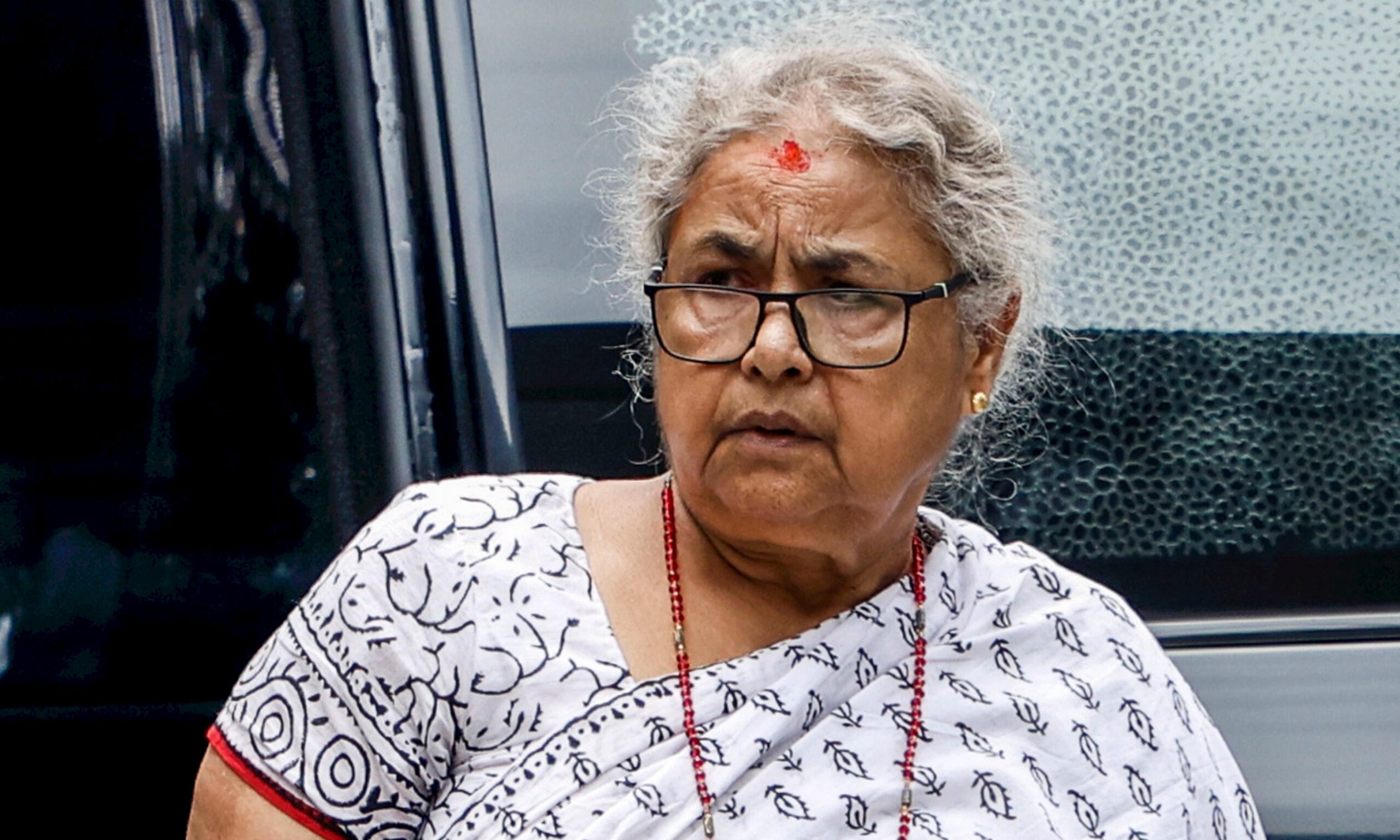Politics
Sushila Karki Takes Office as Nepal’s Interim Prime Minister

Nepal’s political landscape has shifted dramatically with the appointment of Sushila Karki as the country’s interim Prime Minister. Karki officially assumed office at 11:00 am on Sunday at Singha Durbar, following her swearing-in on Friday. Her elevation to the role comes in the wake of widespread protests, largely driven by young activists, against political stagnation and economic disparity.
The former Chief Justice, aged 73, was chosen after demonstrators, particularly from the Gen Z movement, endorsed her as a candidate for the interim position. Her integrity and independence were highlighted by protesters, especially following the resignation of KP Sharma Oli, who stepped down amid the unrest. Karki’s selection represents a rare moment of consensus in a political environment often characterized by division.
Formation of the New Cabinet
As she prepares to establish her Cabinet, Karki has begun consultations with advisors and key figures within the Gen Z movement. According to The Kathmandu Post, discussions are set to intensify on Sunday morning, with Karki aiming to create a streamlined government. She is reportedly committed to limiting her Cabinet to no more than 15 ministers, a response to calls from civil society and the protest movement for a more efficient governance structure.
Among those being considered for ministerial positions are legal expert Om Prakash Aryal, former army official Balananda Sharma, and retired justice Anand Mohan Bhattarai. Additionally, several prominent medical professionals, including Dr. Bhagawan Koirala and Dr. Sanduk Ruit, are under consideration to address health-related issues. The Gen Z leaders are also conducting parallel consultations on platforms such as Discord to propose candidates who align with their reformist agenda.
Political Context and Future Elections
On the same day as Karki’s swearing-in, Nepal’s Parliament was formally dissolved, and new elections have been scheduled for March 5, 2026. This decision was made during Karki’s first cabinet meeting, held late on Friday, marking the commencement of a six-month transitional government. The President’s Office confirmed that the government is tasked with guiding the country towards these upcoming elections.
The recent protests, sparked by the ban on social media platforms, highlighted widespread dissatisfaction with the government’s handling of various issues, including corruption and economic inequality. Karki’s leadership is viewed as a potential stabilizing force in this turbulent political climate, with many hoping that her tenure will lead to meaningful reforms and greater accountability.
As Karki moves forward in her role, the eyes of the nation remain focused on her actions and decisions, which will shape the future of Nepal amidst ongoing calls for change.
-

 World5 months ago
World5 months agoSBI Announces QIP Floor Price at ₹811.05 Per Share
-

 Lifestyle5 months ago
Lifestyle5 months agoCept Unveils ₹3.1 Crore Urban Mobility Plan for Sustainable Growth
-

 Science4 months ago
Science4 months agoNew Blood Group Discovered in South Indian Woman at Rotary Centre
-

 World5 months ago
World5 months agoTorrential Rains Cause Flash Flooding in New York and New Jersey
-

 Top Stories5 months ago
Top Stories5 months agoKonkani Cultural Organisation to Host Pearl Jubilee in Abu Dhabi
-

 Sports4 months ago
Sports4 months agoBroad Advocates for Bowling Change Ahead of Final Test Against India
-

 Science5 months ago
Science5 months agoNothing Headphone 1 Review: A Bold Contender in Audio Design
-

 Top Stories5 months ago
Top Stories5 months agoAir India Crash Investigation Highlights Boeing Fuel Switch Concerns
-

 Business5 months ago
Business5 months agoIndian Stock Market Rebounds: Sensex and Nifty Rise After Four-Day Decline
-

 Sports4 months ago
Sports4 months agoCristian Totti Retires at 19: Pressure of Fame Takes Toll
-

 Politics5 months ago
Politics5 months agoAbandoned Doberman Finds New Home After Journey to Prague
-

 Top Stories5 months ago
Top Stories5 months agoPatna Bank Manager Abhishek Varun Found Dead in Well









